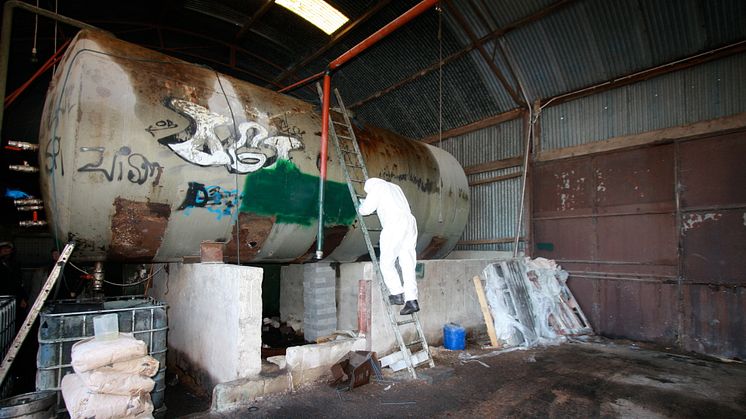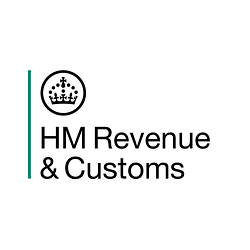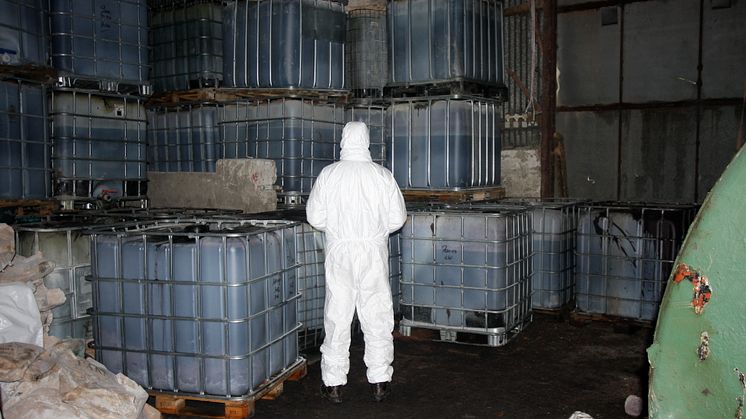
News -
Major toxic waste dump uncovered at Armagh fuel laundering plant
The largest ever toxic waste dump linked to diesel laundering in the UK has been uncovered at a farm in Co Armagh this morning by HM Revenue and Customs (HMRC).
Nearly 50 tonnes of waste – the by-product of this illegal process – was removed from the site.
The illegal diesel plant is estimated to have been capable of producing 20 million litres of illicit fuel and evading around £12.5 million in taxes a year.
It was discovered in a livestock shed by HMRC officers, accompanied by officers from the Police Service of Northern Ireland and Environmental Crime Unit, as they searched a cattle farm in the Forkhill area of Co Armagh. As well as the toxic waste, officers also removed 2,000 litres of illicit fuel, pumps and equipment during the operation.
Pat Curtis, National Oils Coordinator, HMRC, said:
“Every illegal diesel laundering operation typically generates tonnes of toxic waste, but this was the largest amount we have ever uncovered at a single site in the UK.
“As taxpayers and local ratepayers, not only are we missing out on the stolen tax that ends up the pockets of the criminals, we are also paying the substantial clean-up and disposal costs, which will be around £25,000 for this site alone. Buying illicit fuel not only funds crime, it supports and encourages these dangerous activities within our communities.”
Investigations into the illegal fuel plant are continuing.
Notes for editors
1. Diesel laundering waste is often dumped indiscriminately in the countryside or next to the road with no care for the pollution it can cause to land or waterways. Typically the waste is dumped in agricultural areas or forests, chosen for their remoteness to avoid detection.
2. Laundered fuel is red (or green) diesel, which has been filtered through chemicals or acids to remove the Government marker. The chemicals and acids remain in the fuel and damage fuel pumps in diesel cars.
3. Photographs are available at HMRC’s Flickr channel: www.flickr.com/hmrcgovuk
4. Follow HMRC's Press Office on Twitter @HMRCpressoffice
5. Anyone with information about fuel fraud should the Customs Hotline on 0800 59 5000.


